
Mr. Stefano Bonilauri, Director of Anteo Edizion Publishing House in Reggio Emilia, Northern Italy, gives an interview to a VNA reporter. Photo: Thanh Hai/VNA reporter in Italy
During the conversation, Mr. Bonilauri made profound comments and emphasized the great political significance of the historic victory on April 30 for the destiny of Vietnam as well as the revolutionary movement in the world. Mr. Bonilauri said that the event of April 30, 1975 marked the end of years of almost non-stop war, in which the Vietnamese people were forced to face the three most powerful armies in the world. First was the Japanese fascists in World War II, then the French colonialists until 1954 and finally the American imperialists. Not only the entire Vietnamese people but also the people of the world, the youth and anti-imperialists, the forces that for many years had strongly fueled the solidarity movement with the struggle to liberate Vietnam, expressed their joy in the joy of victory at that important moment.
In the first four decades of building socialism, in addition to unifying the country, Vietnam has achieved great achievements such as developing productive forces and universalizing general education for all people. However, advancing to socialism also means knowing how to innovate and adapt to the times, eliminating all dogmatic ideas and, when necessary, self-criticizing. In that spirit, the 6th National Party Congress highlighted the limitations and shortcomings, and pointed out the remaining causes to open the period of Renovation.
This ability to self-criticize and innovate helped Vietnam overcome the crisis in the following years and develop successfully. Vietnamese socialism continues to achieve important achievements, but the road to socialism is still long and difficult. Only by maintaining the spirit of self-criticism and drastic innovation, considering the people as the goal and not the means, can Vietnam continue on the socialist path that the people chose 80 years ago.
According to Mr. Bonilauri, the spirit of national unity not only contributed to the historic victory of April 30, 1975, but also played an extremely important role in the construction and development of Vietnam. On May 10, 1969, about 4 months before his death, President Ho Chi Minh wrote in his will: “My last wish is: Our entire Party and people unite to strive to build a peaceful, unified, independent, democratic and prosperous Vietnam, and make a worthy contribution to the world revolutionary cause”. Up to now, thanks to the victory of April 30, 1975, the Socialist Republic of Vietnam continues to firmly walk on this path.
Similarly, after the April 30 victory, the most prominent example of the combination of military art and skillful diplomacy was the “bamboo diplomacy”, that is, Vietnam’s ability to maintain positive bilateral relations with all the world’s major powers without succumbing to them. Vietnam balanced various competing geopolitical forces, pursuing its national interests through balanced relations with all major powers without creating any form of dependency.
According to Mr. Bonilauri, to solve current problems in the context of the digital economy and the 4.0 industrial revolution, Vietnam must always put national interests and the interests of the people at the center of all actions. By following this path, Vietnam can overcome all difficulties in the complex international context.
Regarding the lessons of the April 30 victory, Mr. Bonilauri said that first of all, it was the determination of the Vietnamese people to fight. Despite facing significant disadvantages in equipment and technology, the Vietnamese people demonstrated their steadfast determination to defend their country and national independence. This proved that the will of the people can overcome even the greatest power disparities, creating great confidence for other peoples in Asia and Africa, who were then participating in the struggle for decolonization and national independence.
Duong Hoa - Truong Duy - Thanh Hai (Vietnam News Agency)
Source: https://baotintuc.vn/phan-tichnhan-dinh/y-nghia-chinh-tri-sau-sac-cua-chien-thang-304-qua-goc-nhin-cua-chuyen-gia-italy-20250331150845160.htm


![[Photo] Prime Minister Pham Minh Chinh meets with King Philippe of Belgium](https://vstatic.vietnam.vn/vietnam/resource/IMAGE/2025/4/1/be2f9ad3b17843b9b8f8dee6f2d227e7)
![[Photo] General Secretary To Lam receives King Philippe of Belgium](https://vstatic.vietnam.vn/vietnam/resource/IMAGE/2025/4/1/e5963137a0c9428dabb93bdb34b86d7c)
![[Photo] Close-up of Vietnam's sniffer dog team searching for earthquake victims in Myanmar](https://vstatic.vietnam.vn/vietnam/resource/IMAGE/2025/4/1/d4949a0510ba40af93a15359b5450df2)


![[Photo] President Luong Cuong and King Philippe of Belgium visit Thang Long Imperial Citadel](https://vstatic.vietnam.vn/vietnam/resource/IMAGE/2025/4/1/cb080a6652f84a1291edc3d2ee50f631)



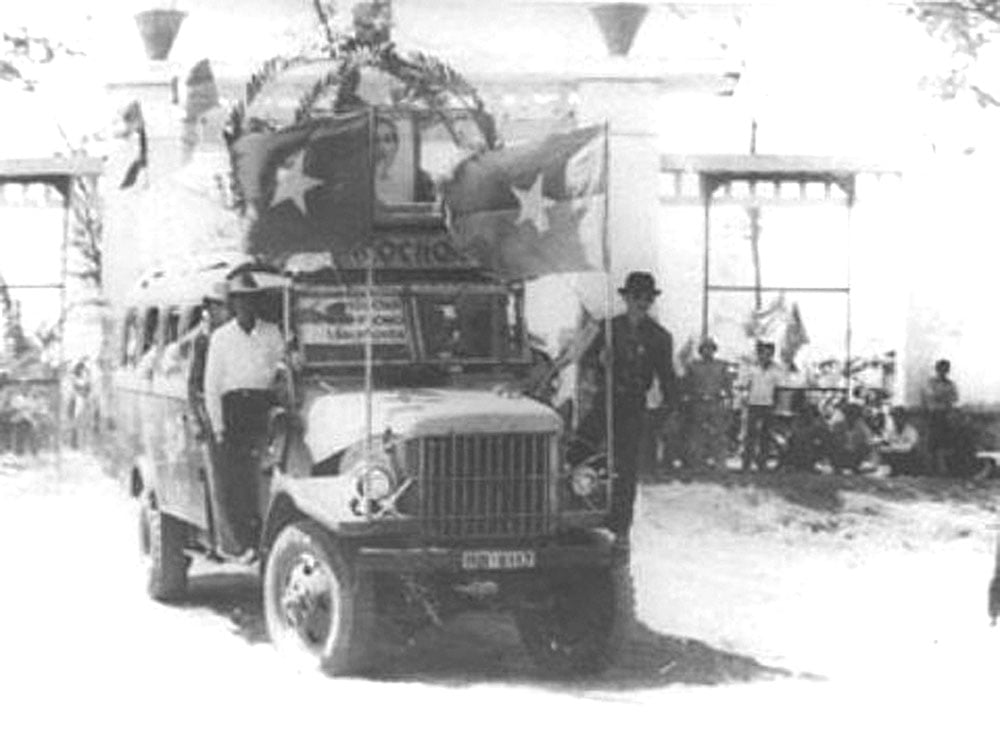
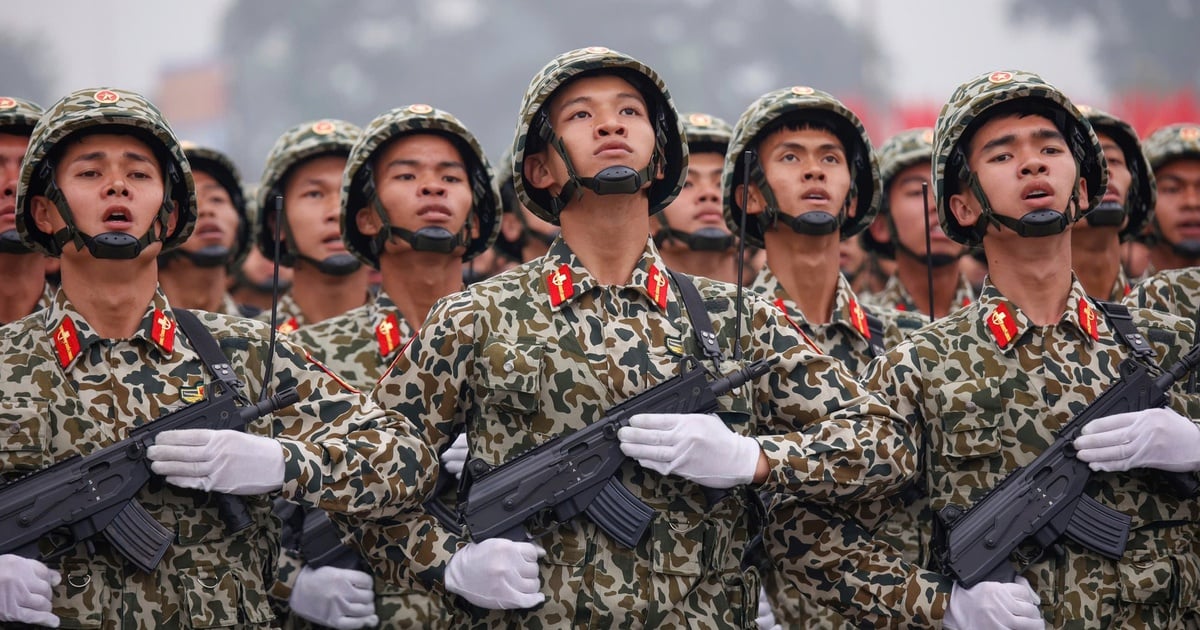
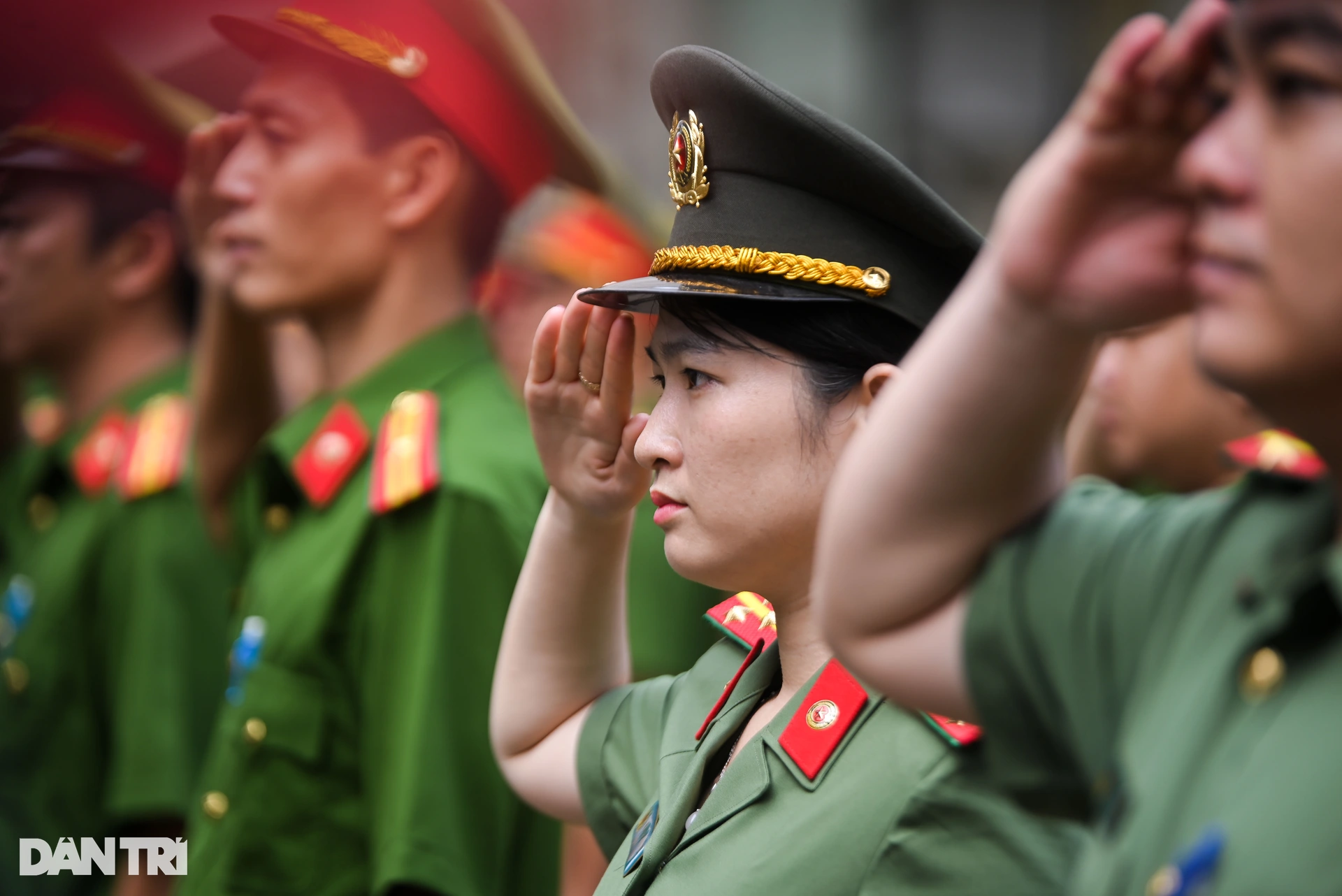

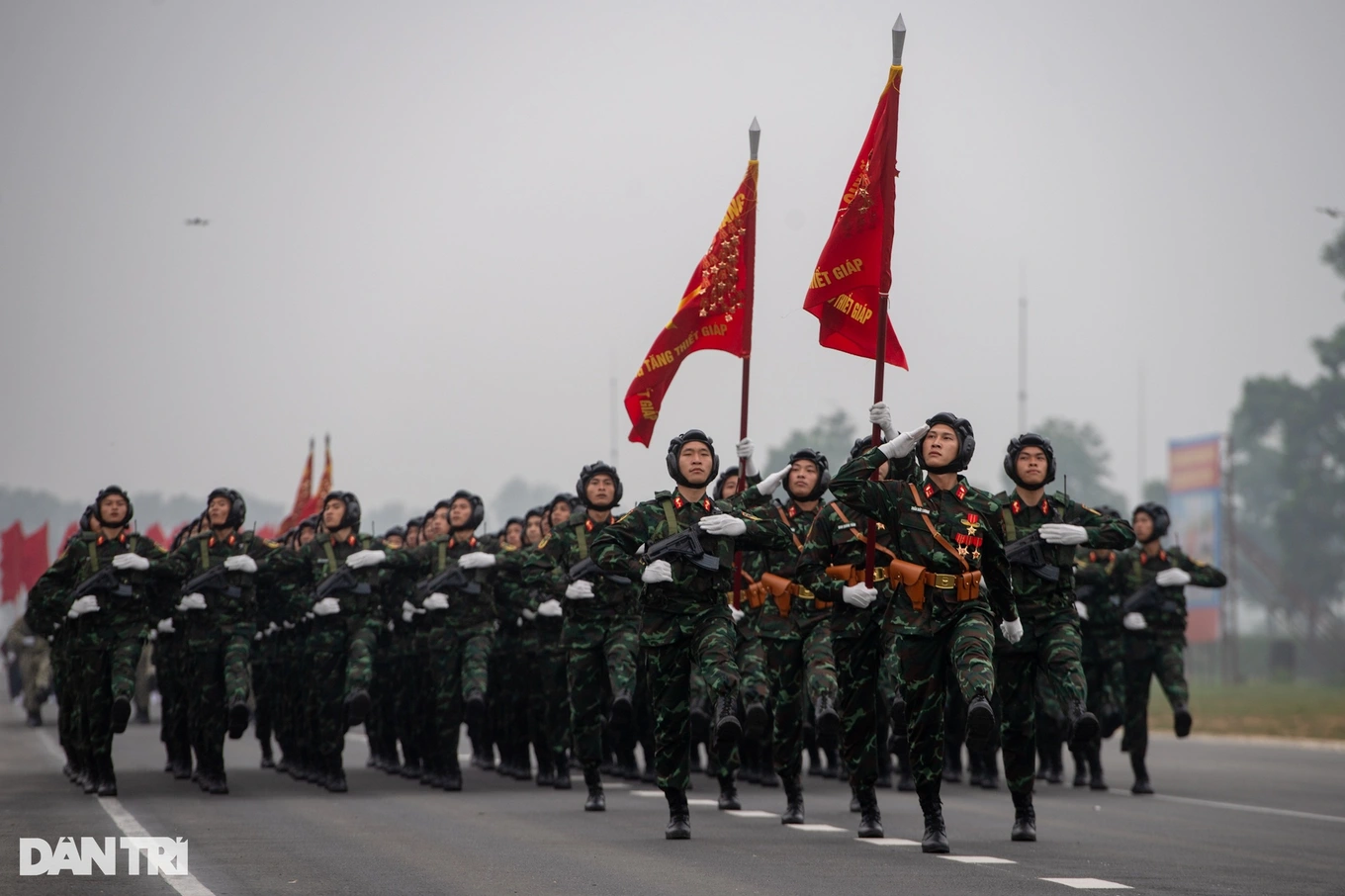




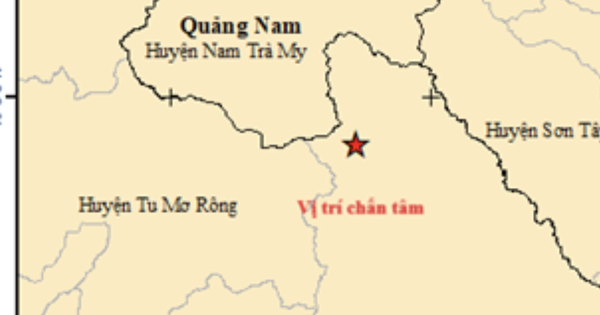
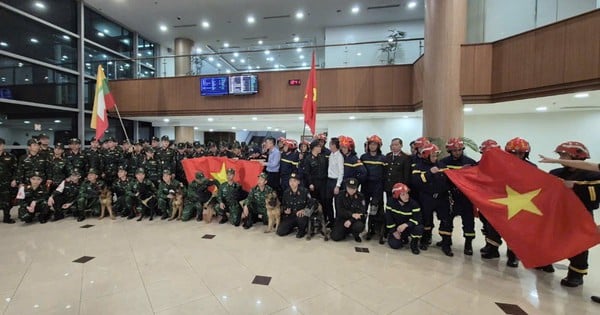







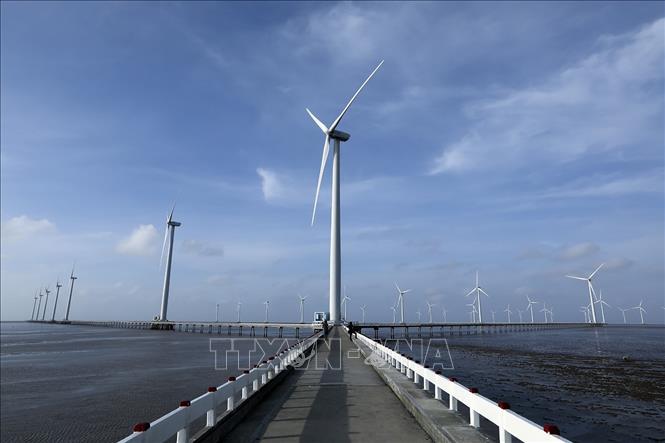
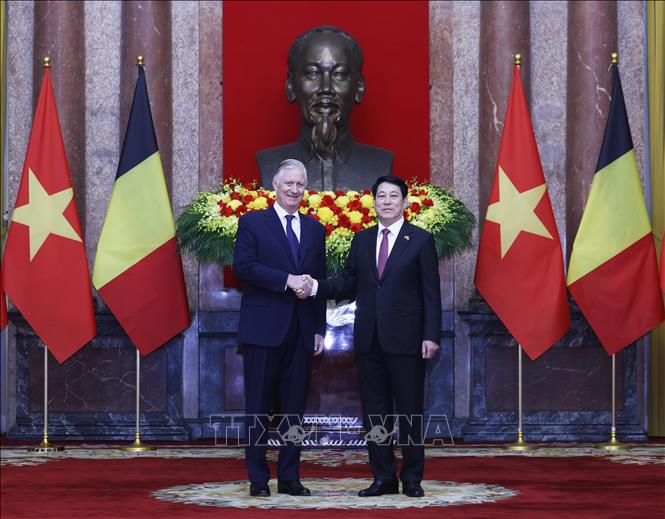
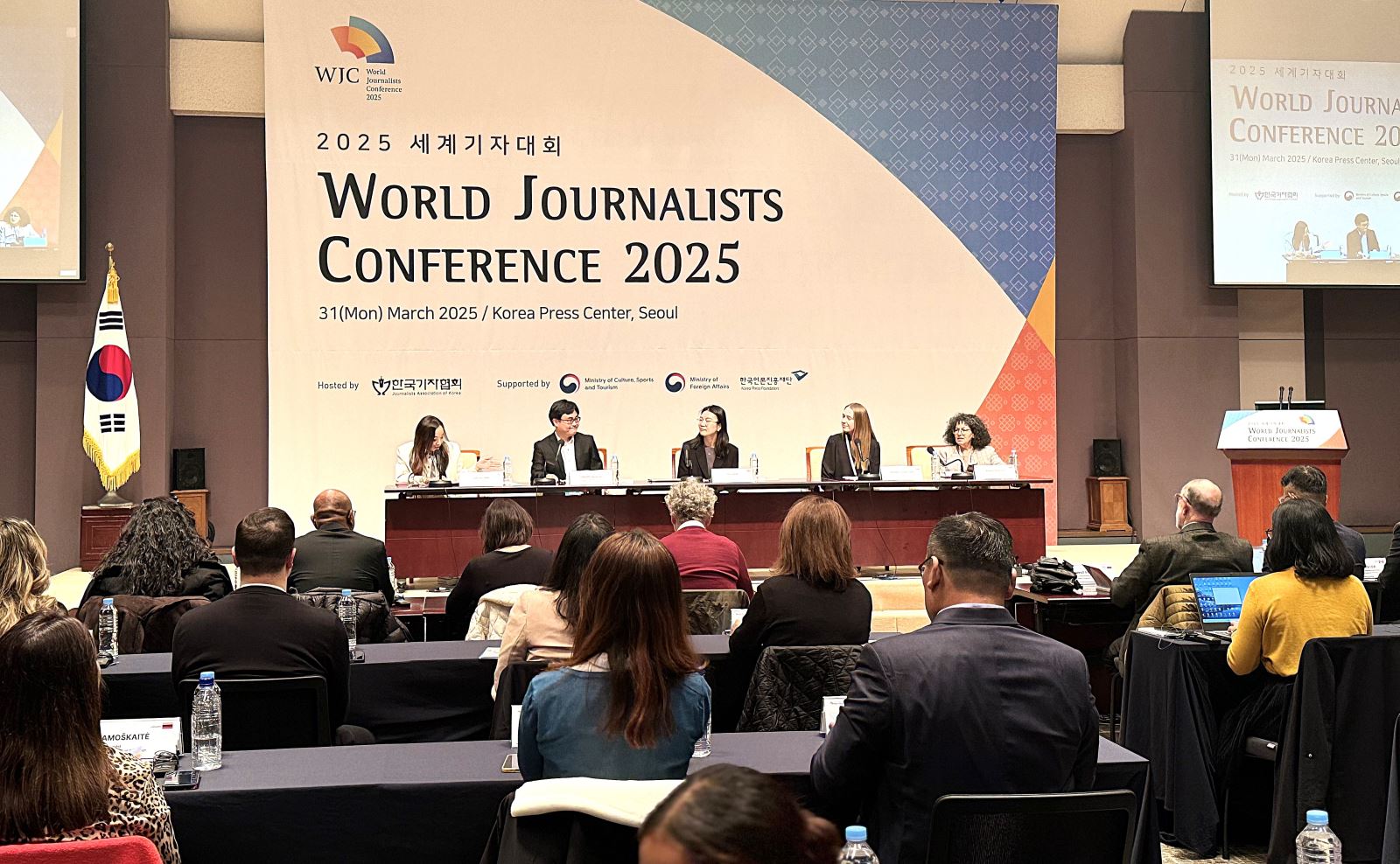






























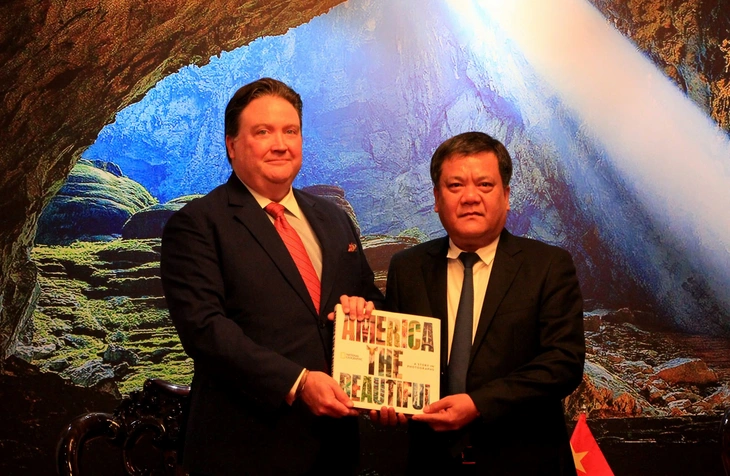

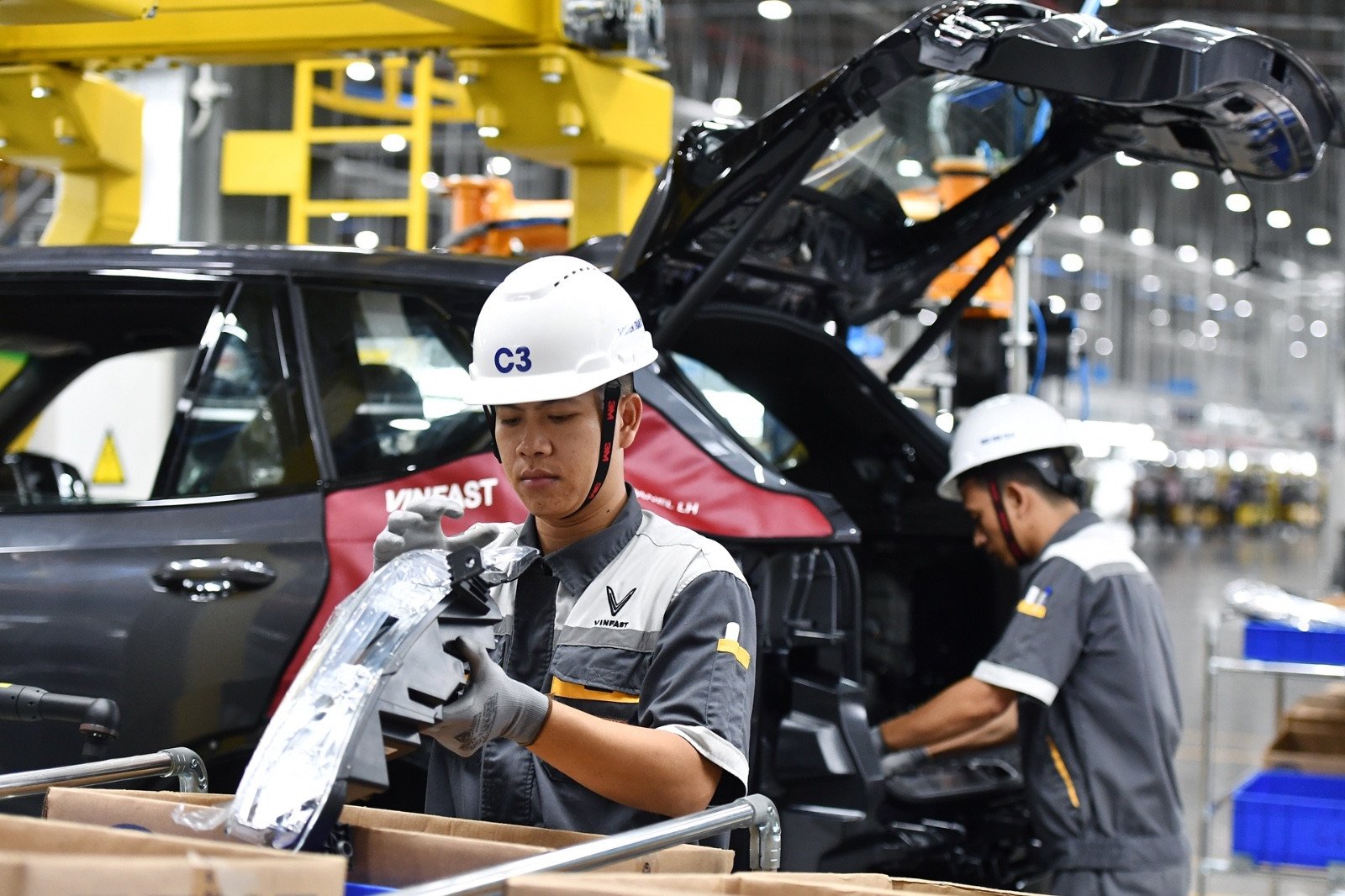

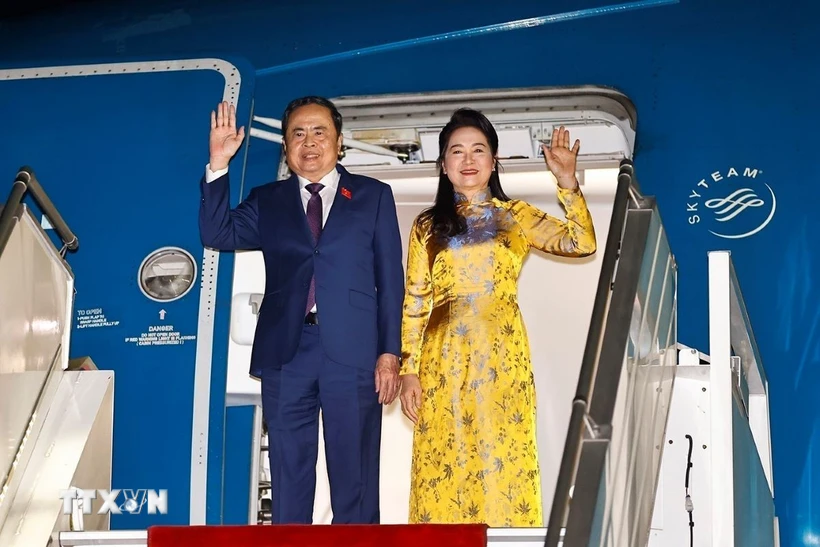










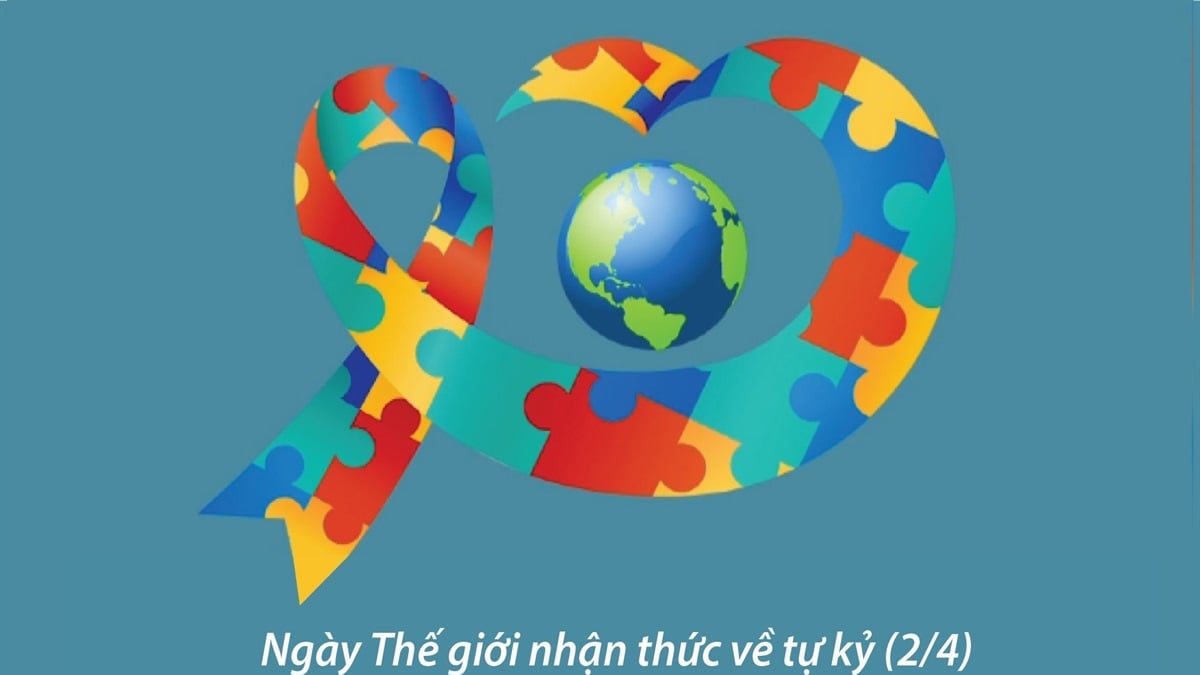



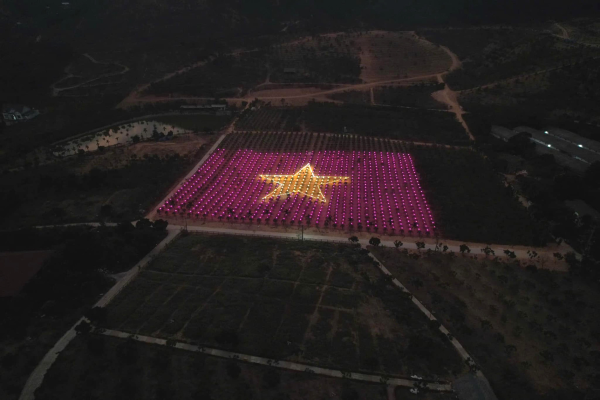

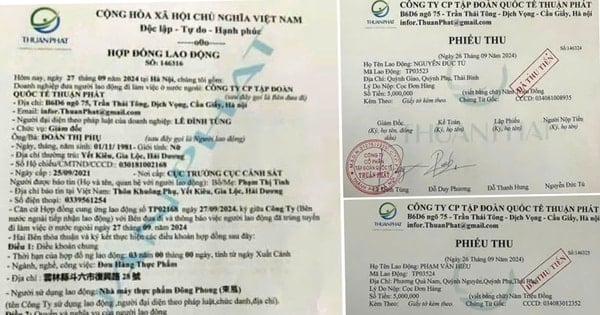














Comment (0)